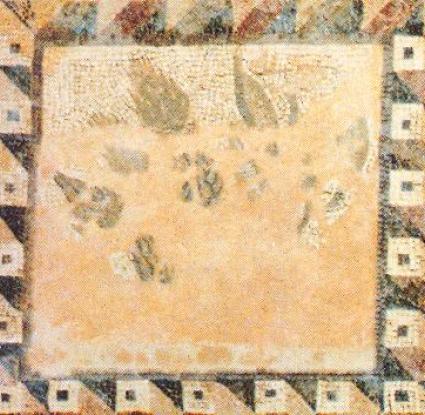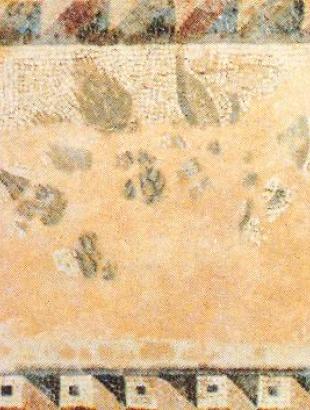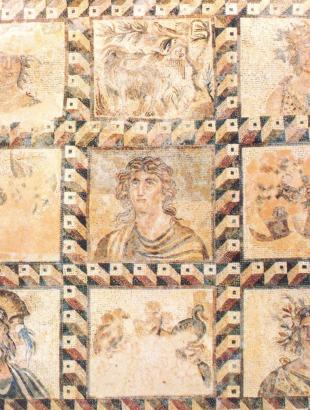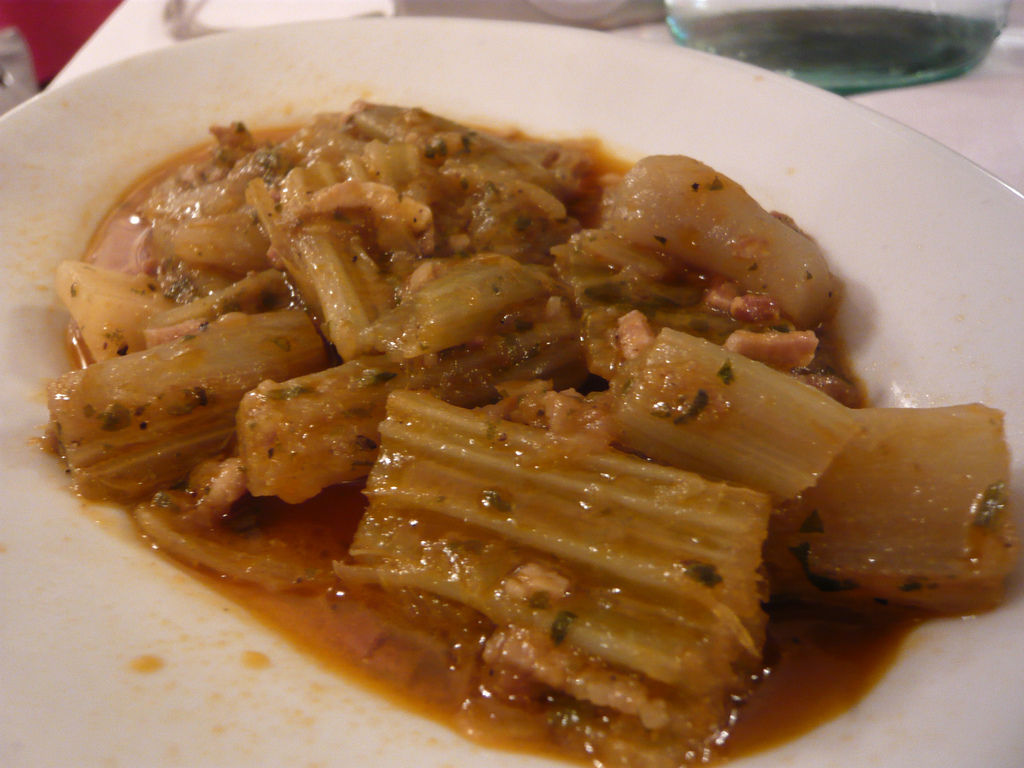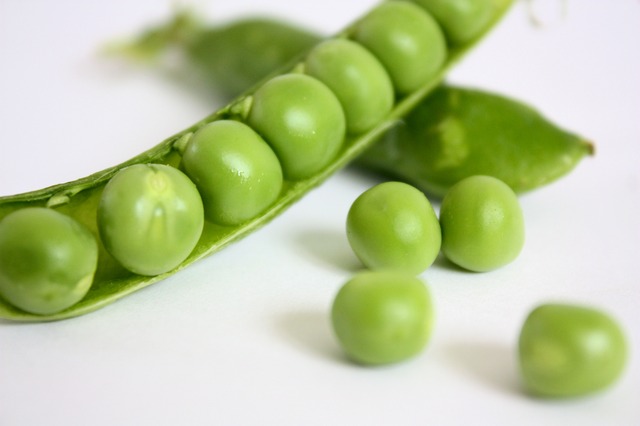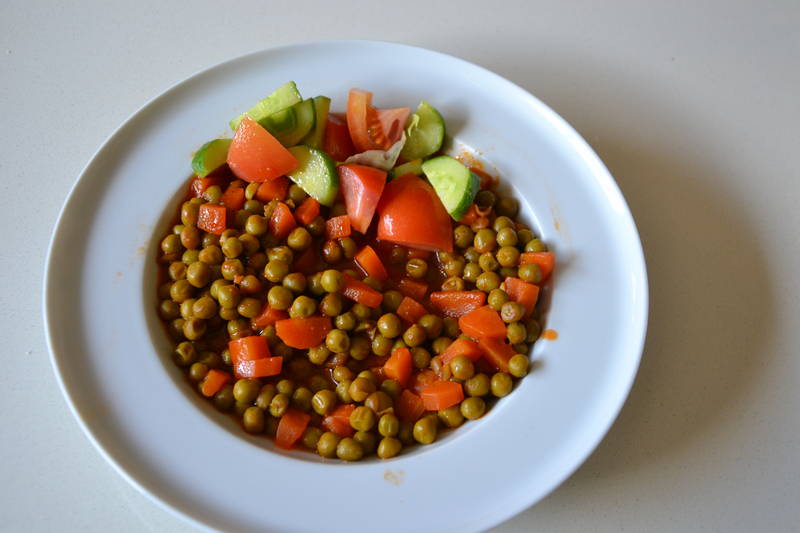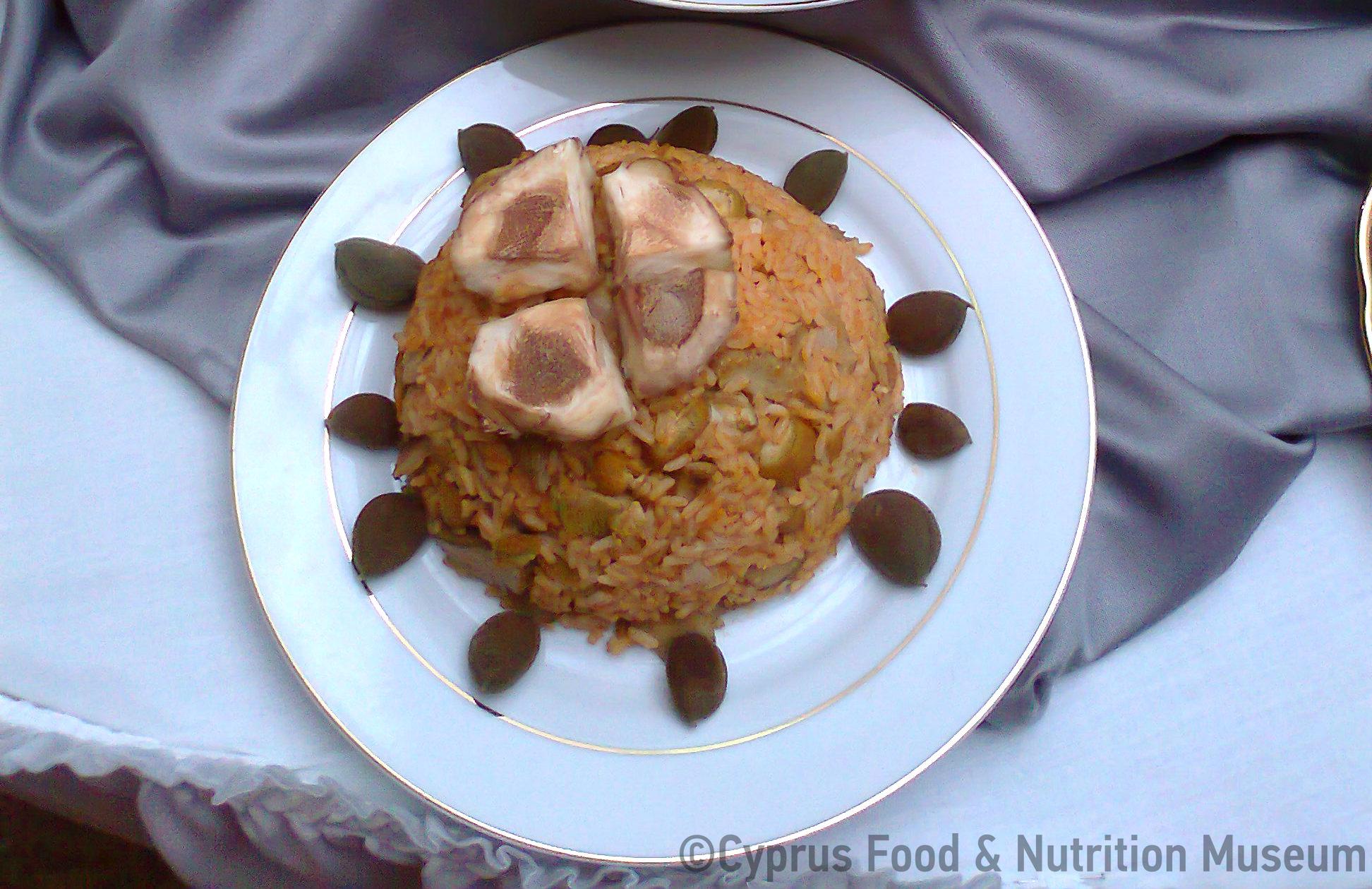Name - Origin
Αγκινάρα.
Functional and symbolic role
The information on the production and consumption of artichoke in Cyprus in ancient times is limited to a mention by Sopater of Paphos and a Roman depiction in the area of Paphos, therefore, the importance of artichoke as an edible plant in the diet of the Cypriots is not clear.
Additional information and bibliography
"Kinara" is mentioned by Athenaeus (2nd - 3rd c. AD) in his work Deipnosophists, as the name of the vegetable-cactus mentioned by Sopater of Paphos (4th c. BC). Text: 'But Sopater of Paphos called it kinaran, like we do' (Athenaeus, Dipnosophistae 2.71a - translation: Hadjioannou 1975). Artichokes are also depicted in the mosaic of the 'Four Seasons' in the 'House of Dionysus' (Nea Paphos, 2nd-3rd c. AD). The artichoke is depicted among other vegetables and corresponds to 'summer' (Michaelides 1992, 24-25). The original surviving pieces of the mosaic are very few; the mosaic that survives today is a restoration (Kondoleon 1995, 88).
Athenaeus, Dipnosophistae 3.119a in: Gulick, C.B. translation (1969) Athenaeus-The Deipnosophists, Loeb Classical Library vol.1. Cambridge: Harvard University Press, 300-301.
Kondoleon C. (1995), Domestic and Divine. Roman Mosaics in the House of Dionysos, Cornell University Press, Ithaca.
Michaelides, D. (1998) 'The Food in Ancient Cyprus' in: Lysaght, P., Food and the Traveller-Migration, Immigration, Tourism and Ethnic group, Intercollege Press, Nicosia.
Michaelides D. (1992), Cypriot Mosaics, Department of Antiquities, Nicosia
Hadjioannou K. (1975), Η Αρχαία Κύπρος εις τας Ελληνικάς Πηγάς, Vol. A-F, Edition of the Archbishopric of Cyprus, Nicosia.
Natassa Charalambous, Argyro Xenophontos

